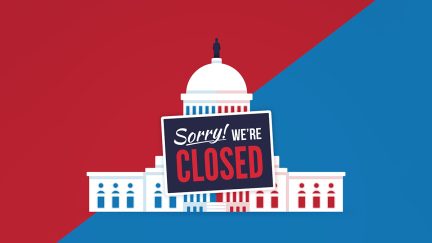Get more! Sign up for PLANSPONSOR newsletters.
DOL Delays Full Implementation of Fiduciary Rule Again
The new delay is for 18 months.
The Department of Labor (DOL) has decided to delay implementation of the special transition period for the fiduciary rule’s Best Interest Contract Exemption (BICE) and the Principal Transactions Exemption, and of the applicability of certain amendments to Prohibited Transaction Exemption (PTE) 84-24 for 18 months, from January 1, 2018 to July 1, 2019. The decision follows the review of the delay by the Office of Management and Budget (OMB), at the DOL’s request earlier this month.
The DOL plans to use the 18 months to review the numerous public comments it has received and to review whether the exemptions appropriate in light of action by the Securities and Exchange Commission (SEC), state insurance regulators and other regulators. The President has also asked the DOL to review whether the fiduciary rule would limit Americans’ access to retirement information and financial advice.
Throughout the transition period, fiduciary advisers will need to keep their clients’ best interests at heart when making investment recommendations.
The Financial Services Institute (FSI) and American Council of Life Insurers (ACLI) both issued statements applauding the 18-month delay. “This delay will allow the DOL to conduct a thorough review of the rule, as ordered by President Trump, to ensure investor choice and access to retirement savings advice is protected,” said Dale Brown, president and CEO of FSI. “In addition to the rule review, we are encouraged by the DOL’s statement that they will coordinate with other regulators, including the SEC, to simplify and streamline the rule.”
ACLI President and CEO Dirk Kempthorne said: “The evidence before the department is clear. The fiduciary regulation has harmed small and moderate retirement savers by restricting or eliminating access to retirement products and services. Its bias against commission-based arrangements restricts consumer access to annuities, the only product in the marketplace providing guaranteed lifetime income.”
However, the Financial Planning Coalition said it is against the delay: “The Coalition believes that requiring advisers to work in retirement investors’ best interest is an essential and long overdue reform. Delaying enforcement of the fiduciary rule unnecessarily derails that reform and jeopardizes the financial well-being of millions of American savers, who lose billions of dollars each year because of conflicts of interest.”
The extension will be published in an upcoming edition of the Federal Register.


